Archive
2021
KubaParis
Once white drops fell from your nipple onto my high heel, do you still remember?
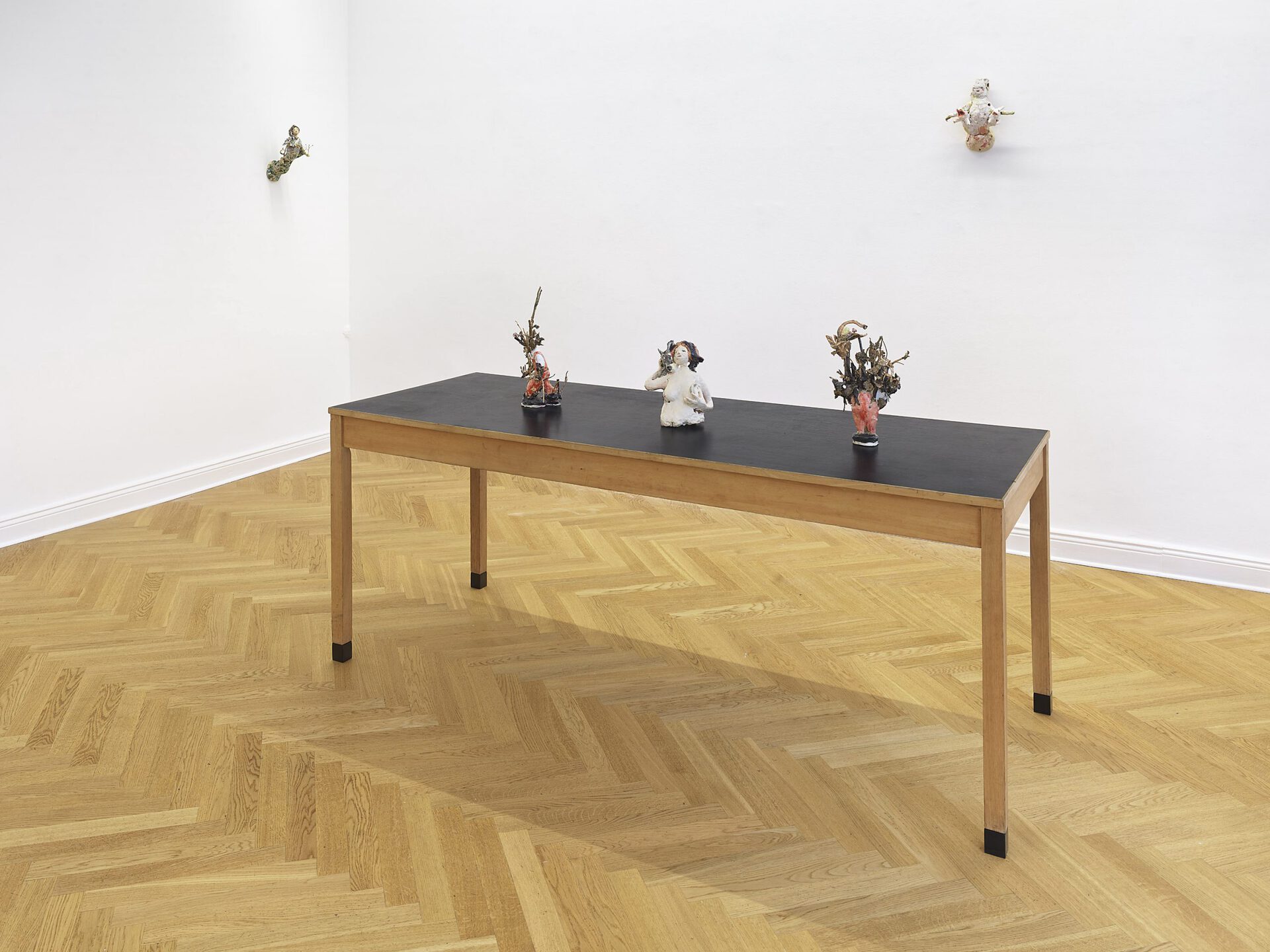
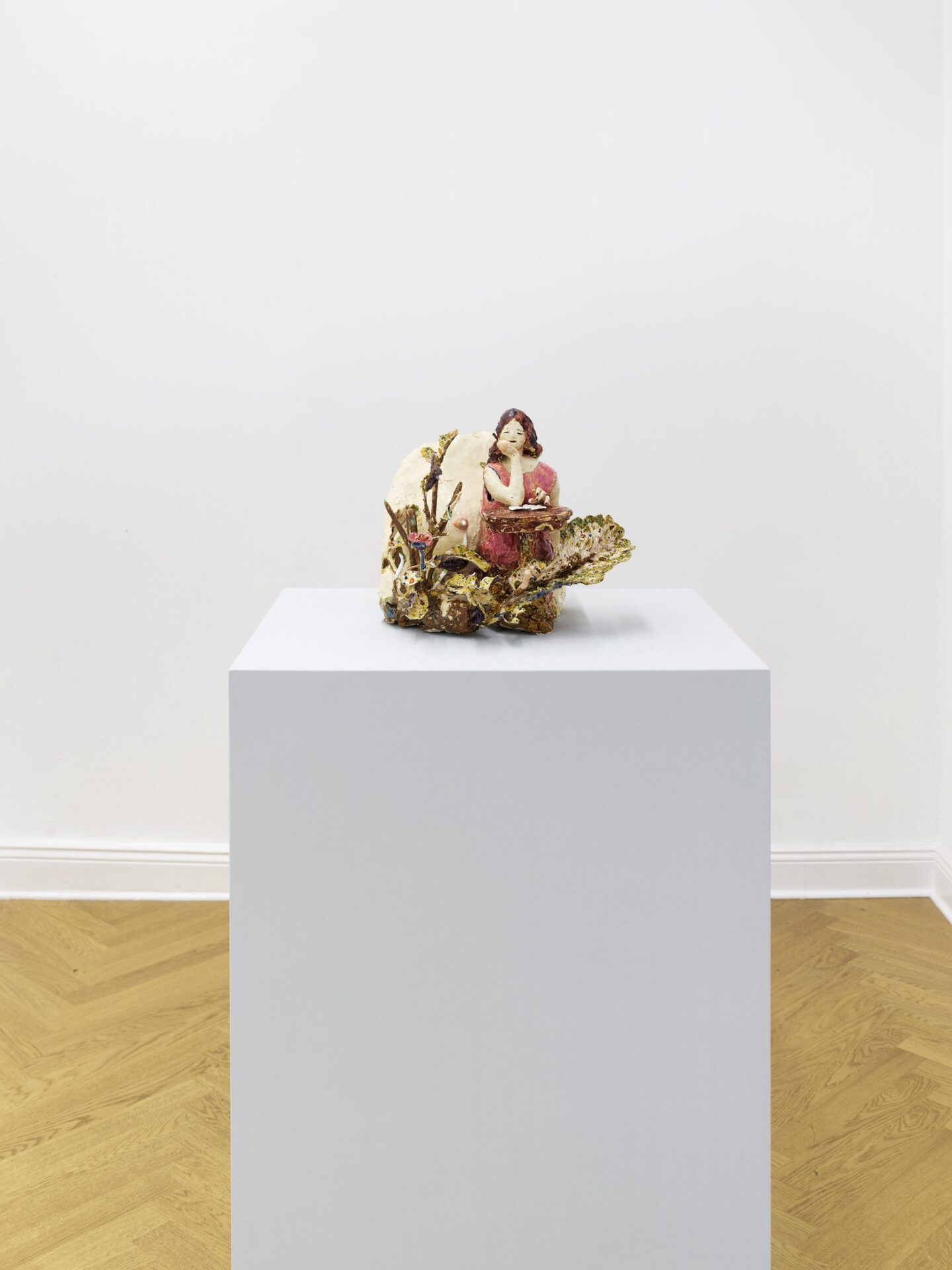
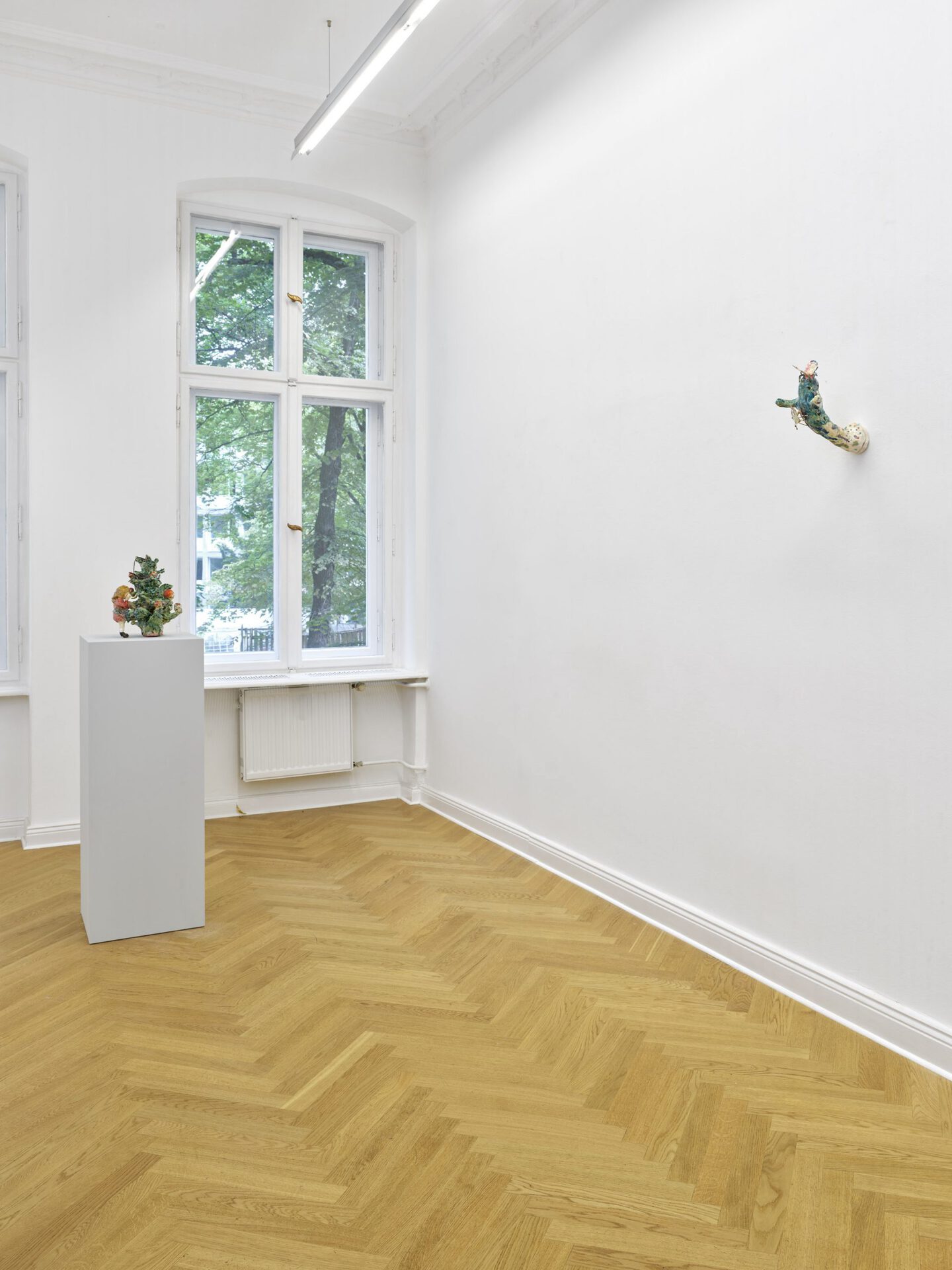
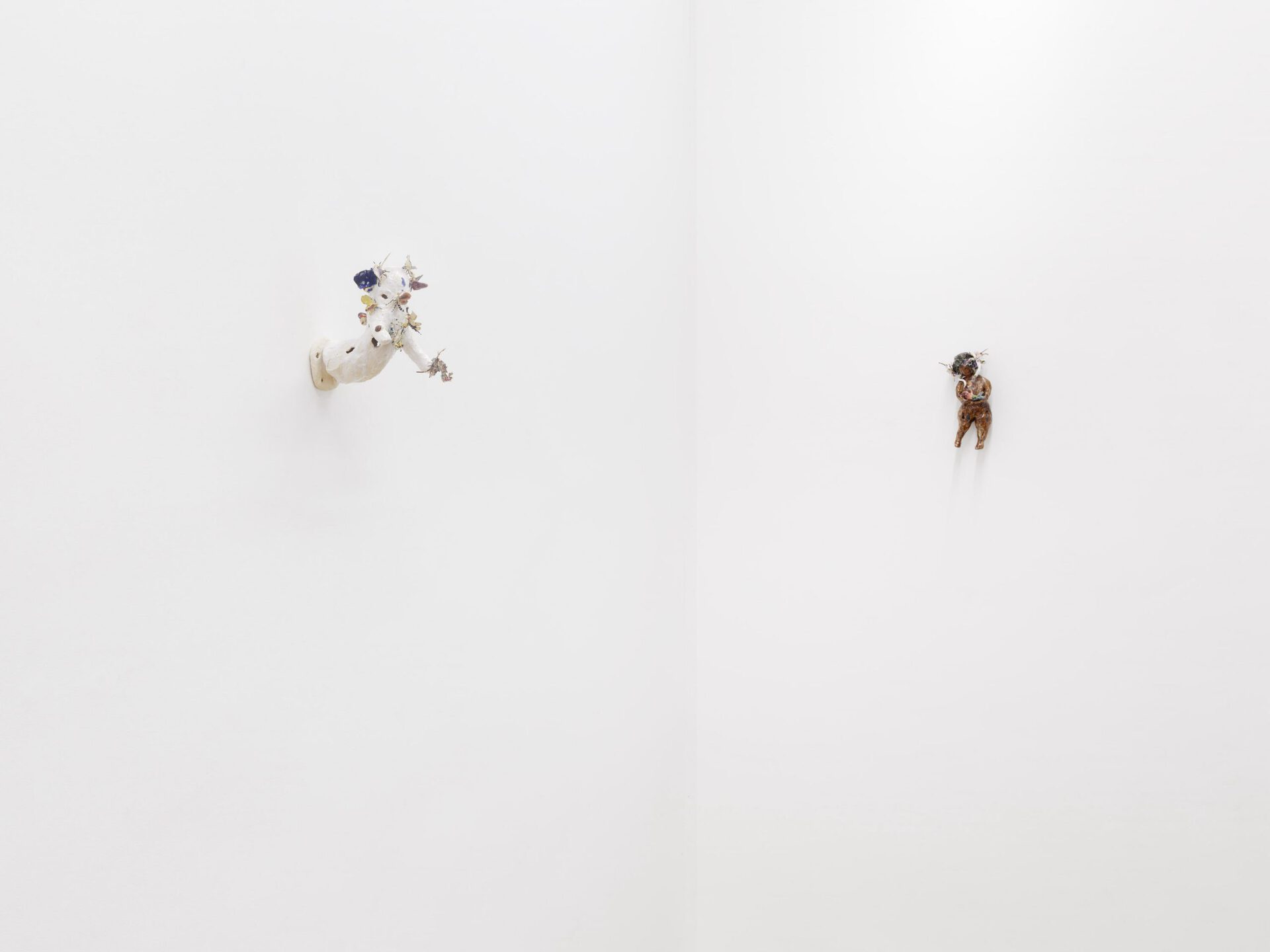
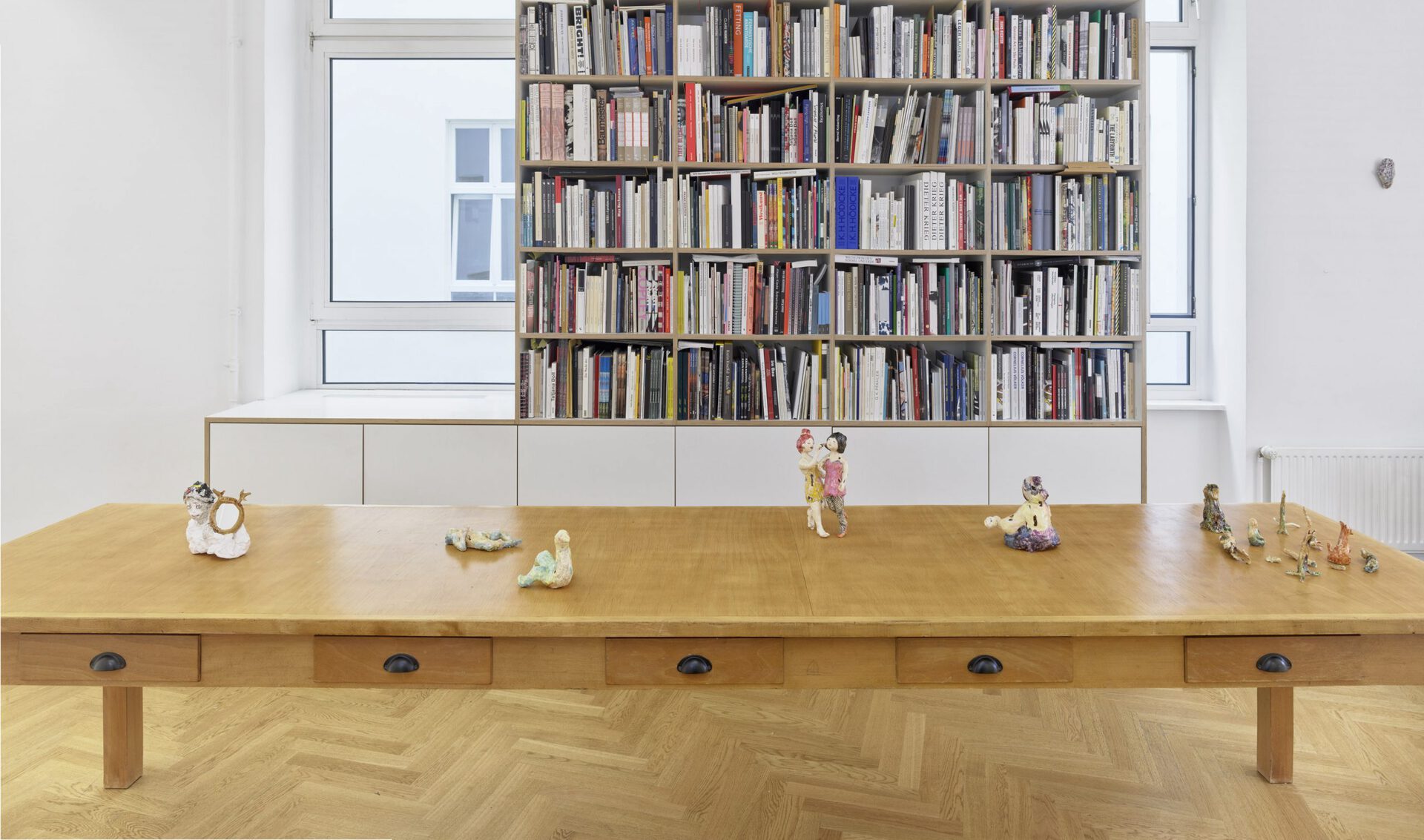
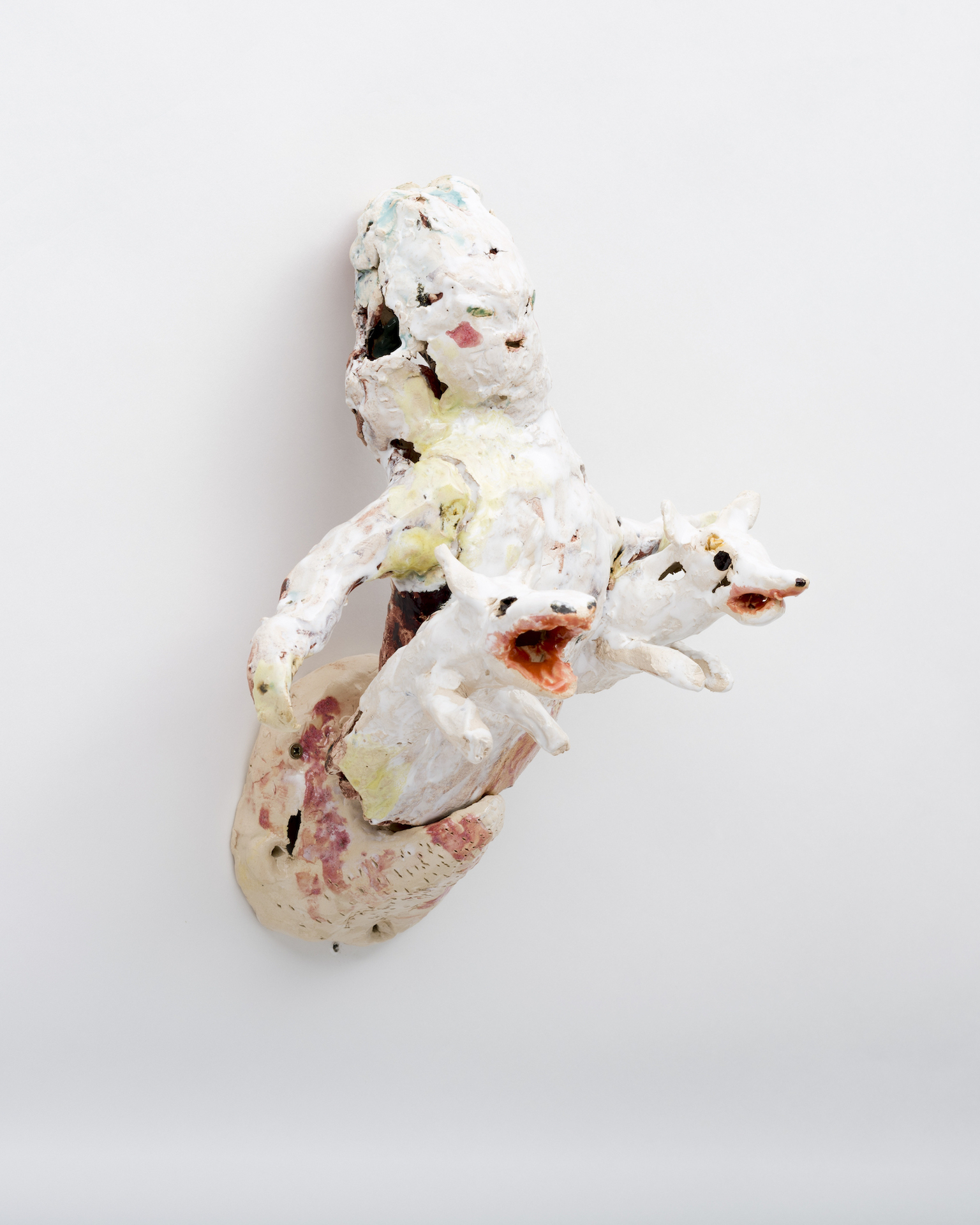

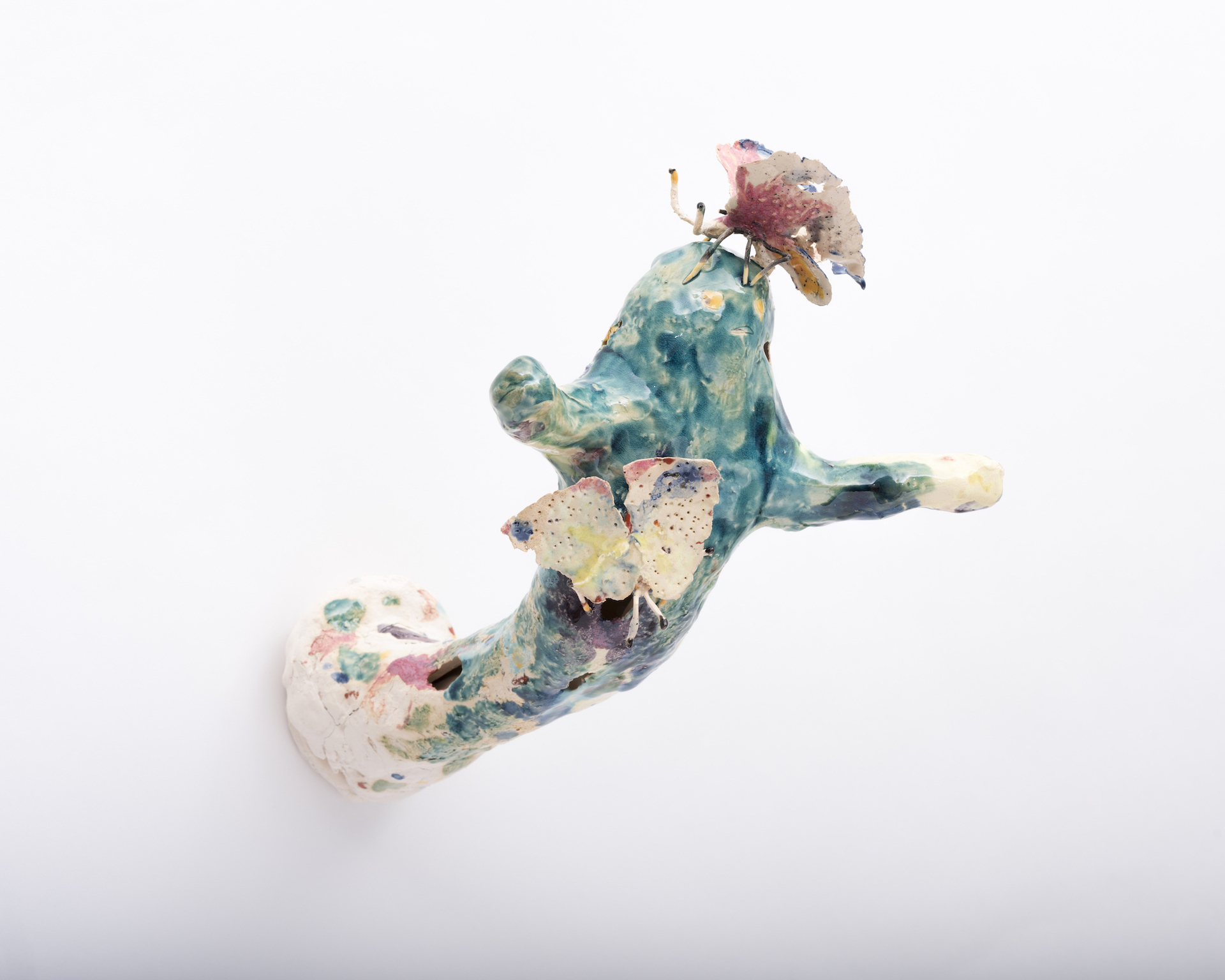
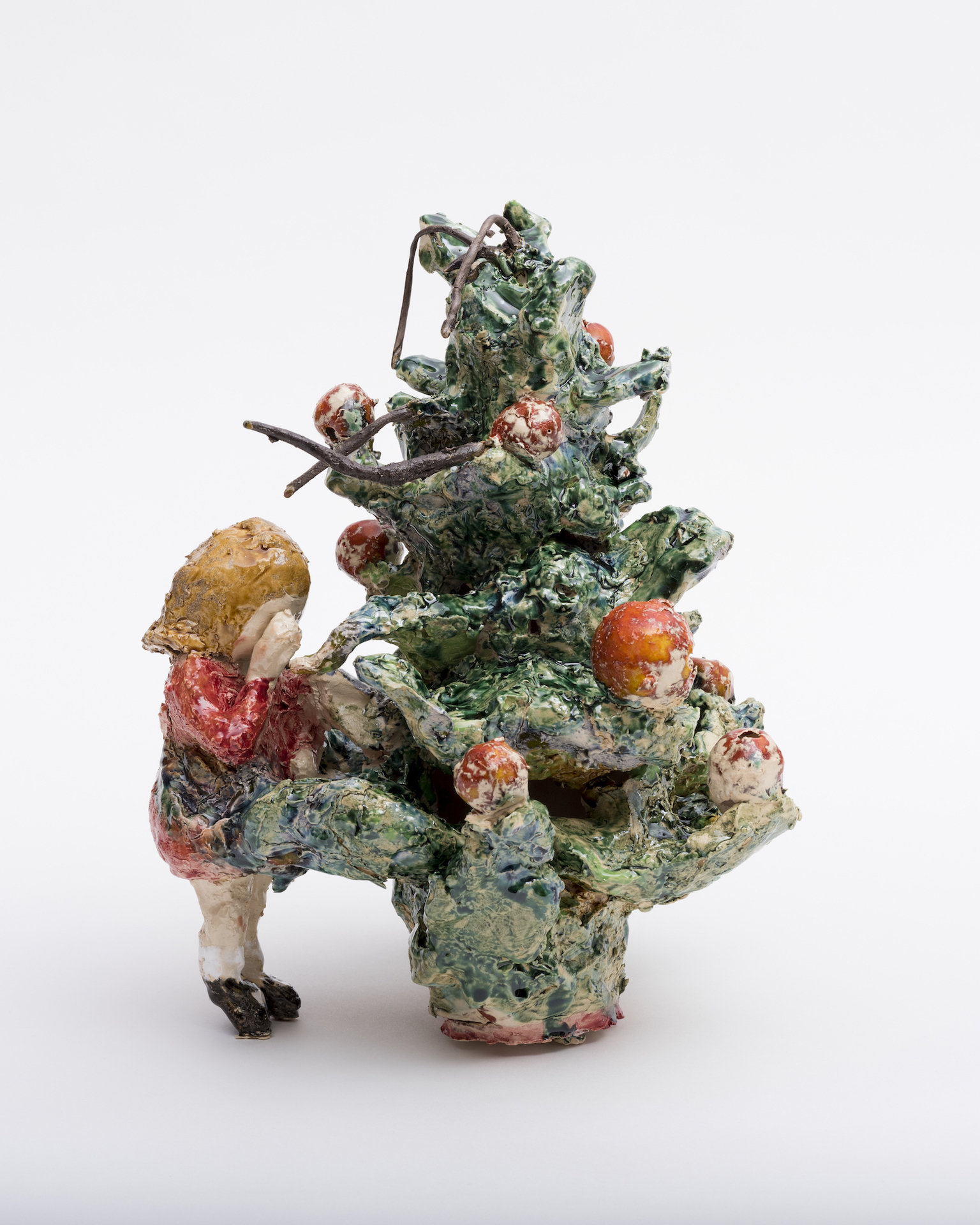

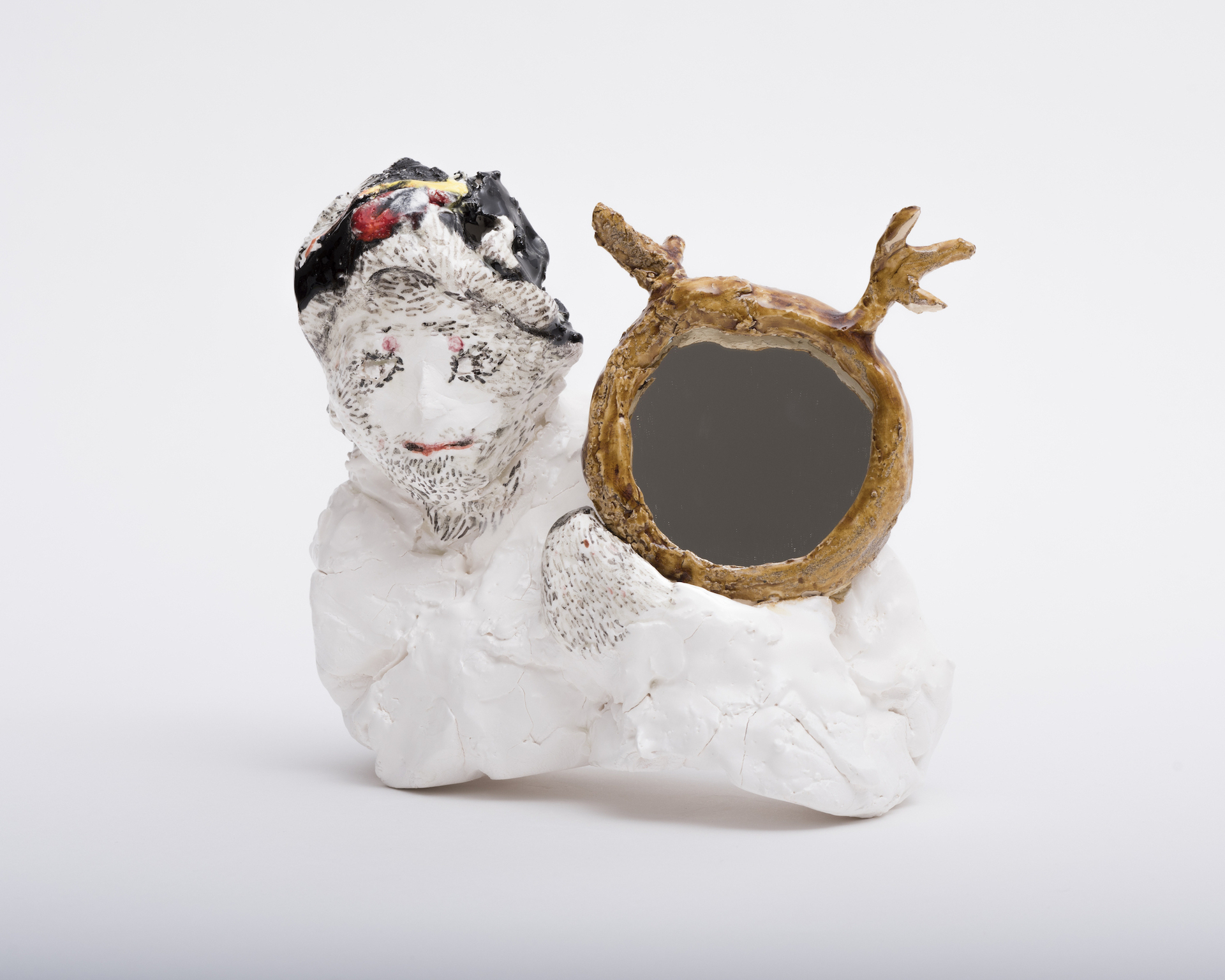
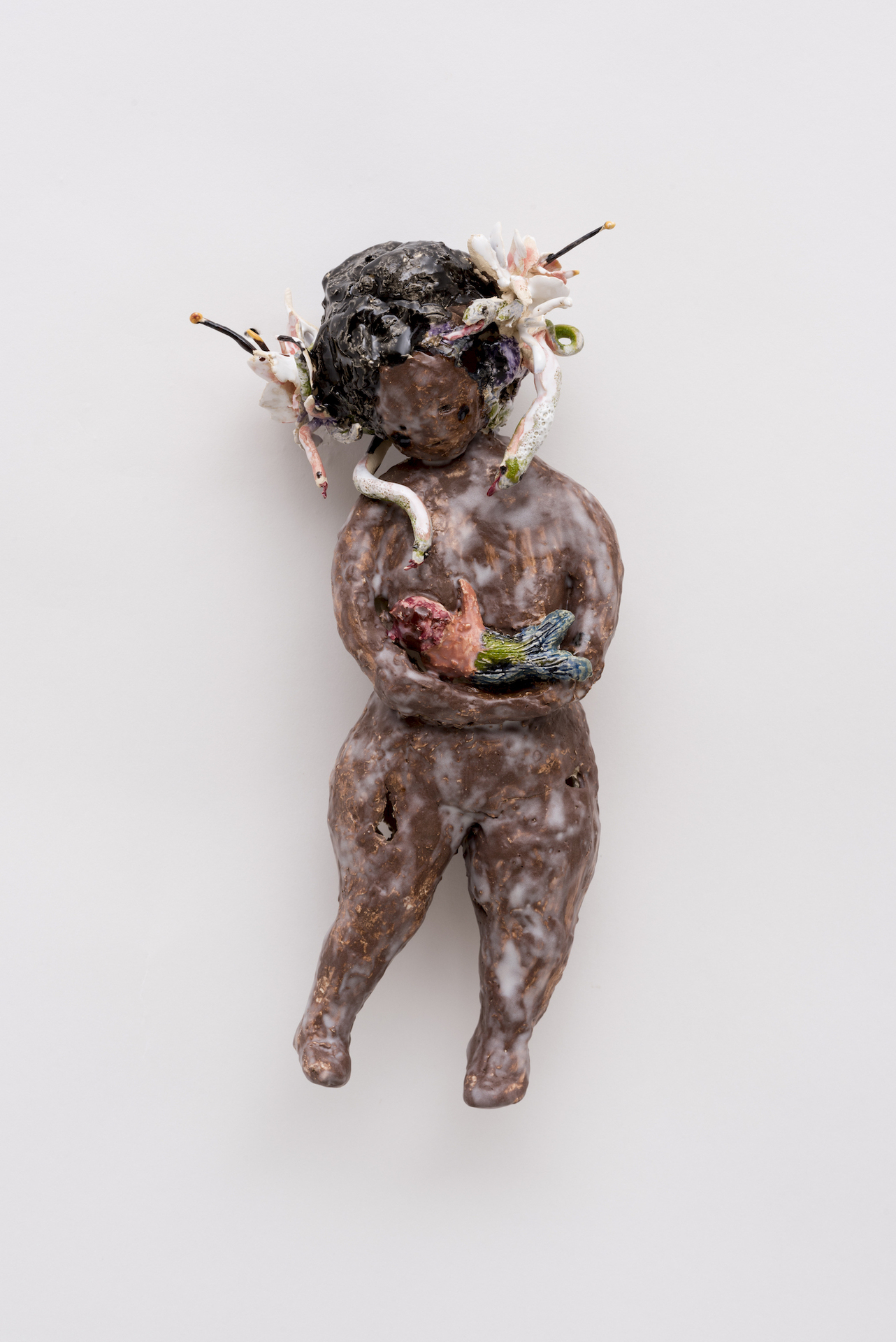
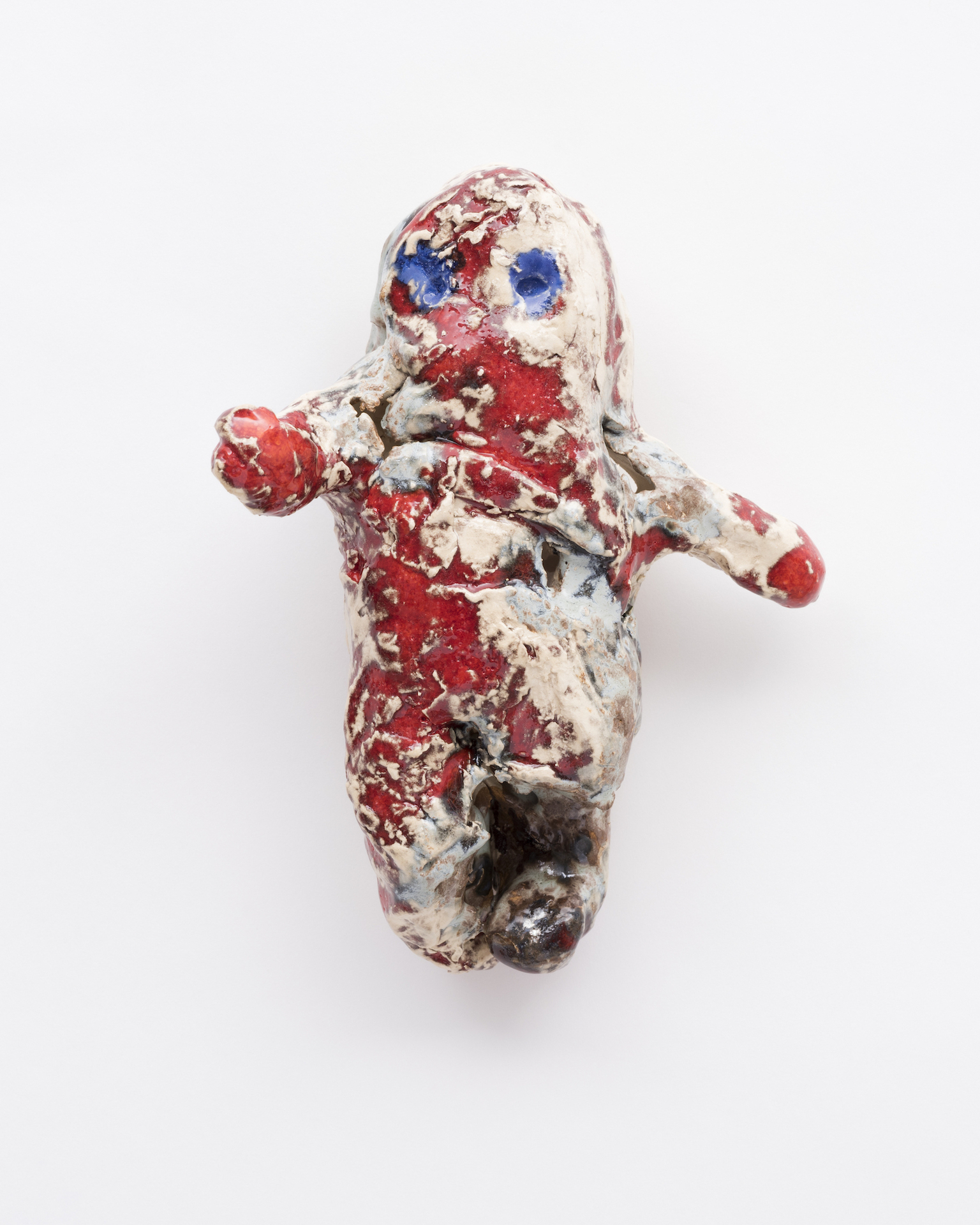
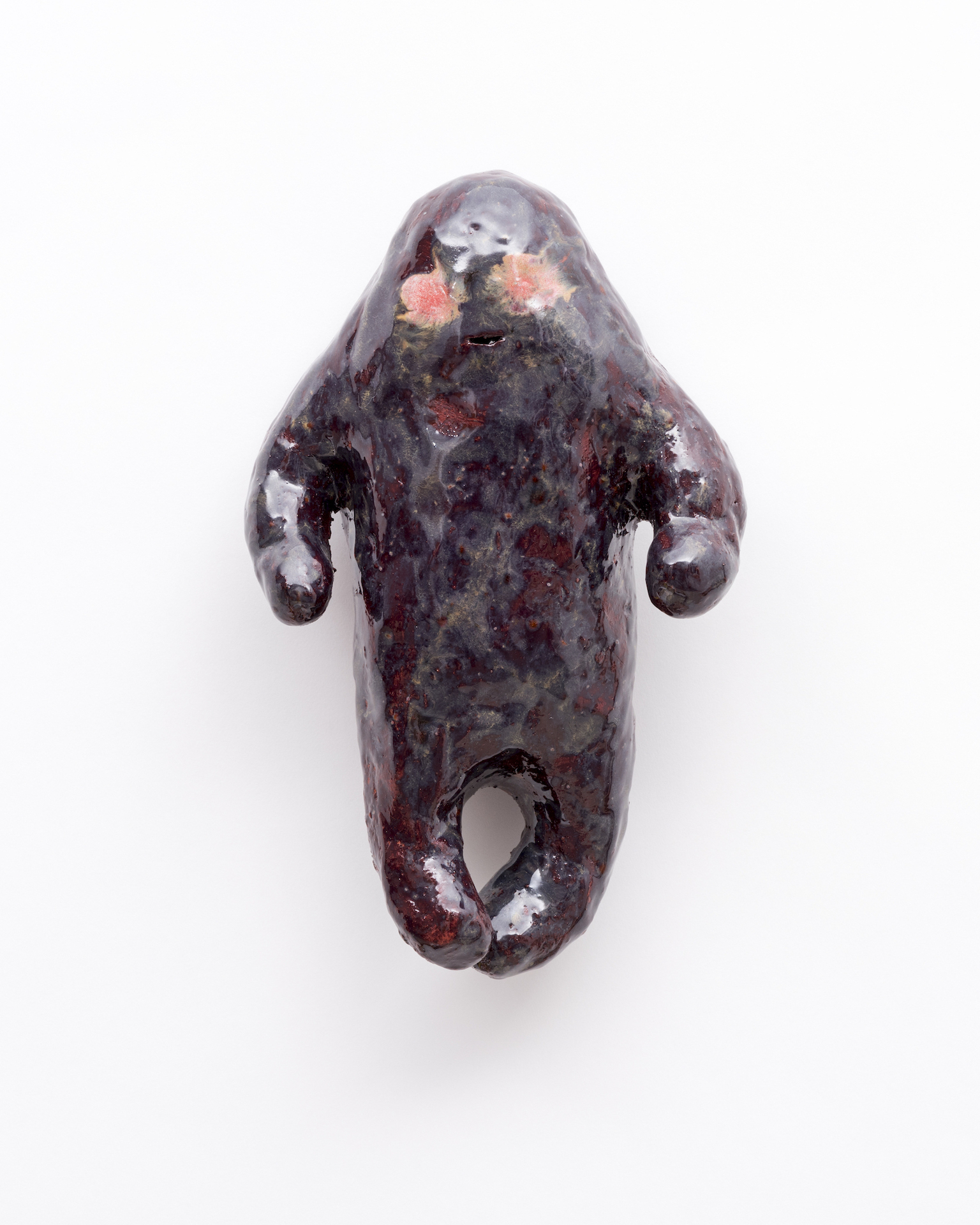
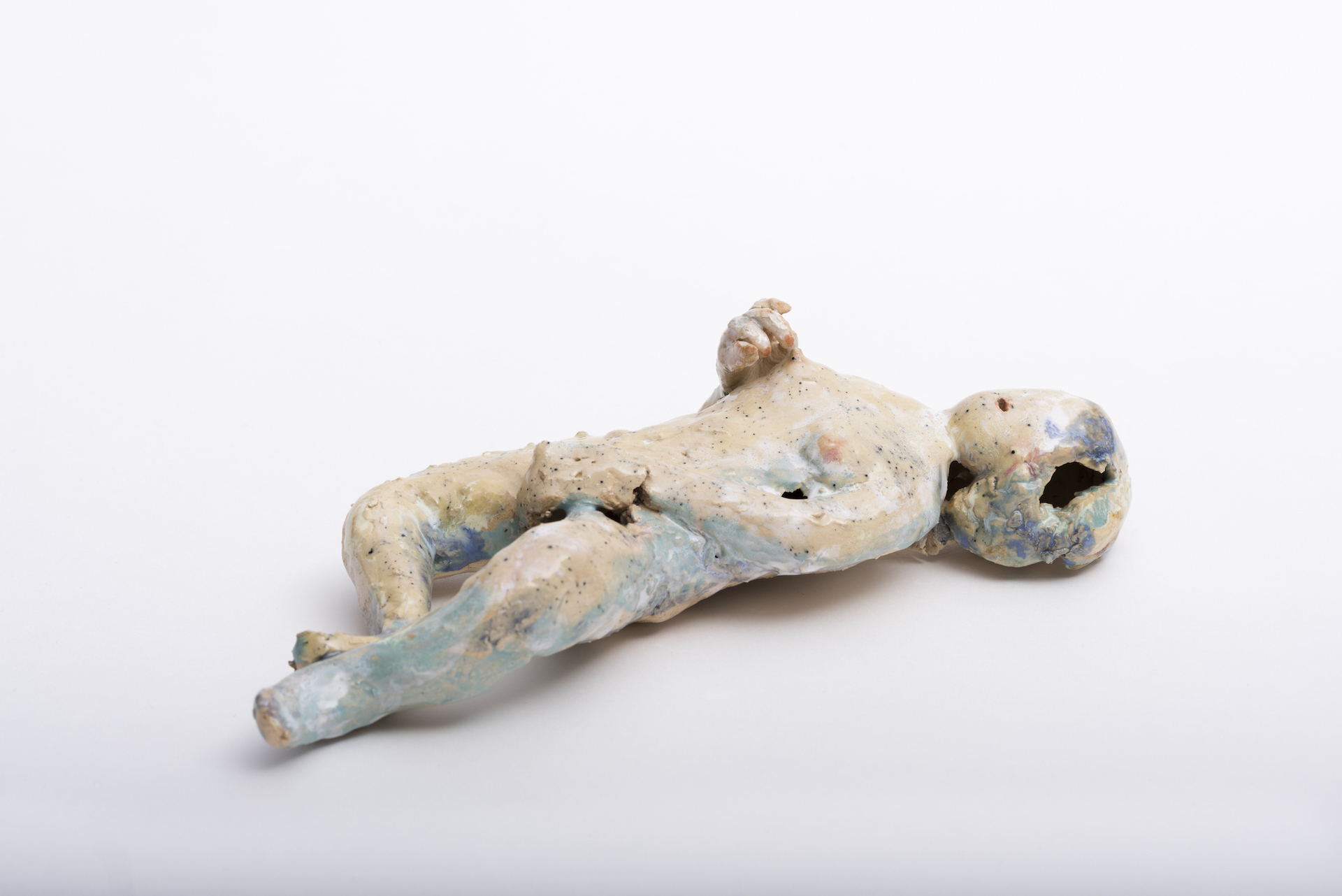
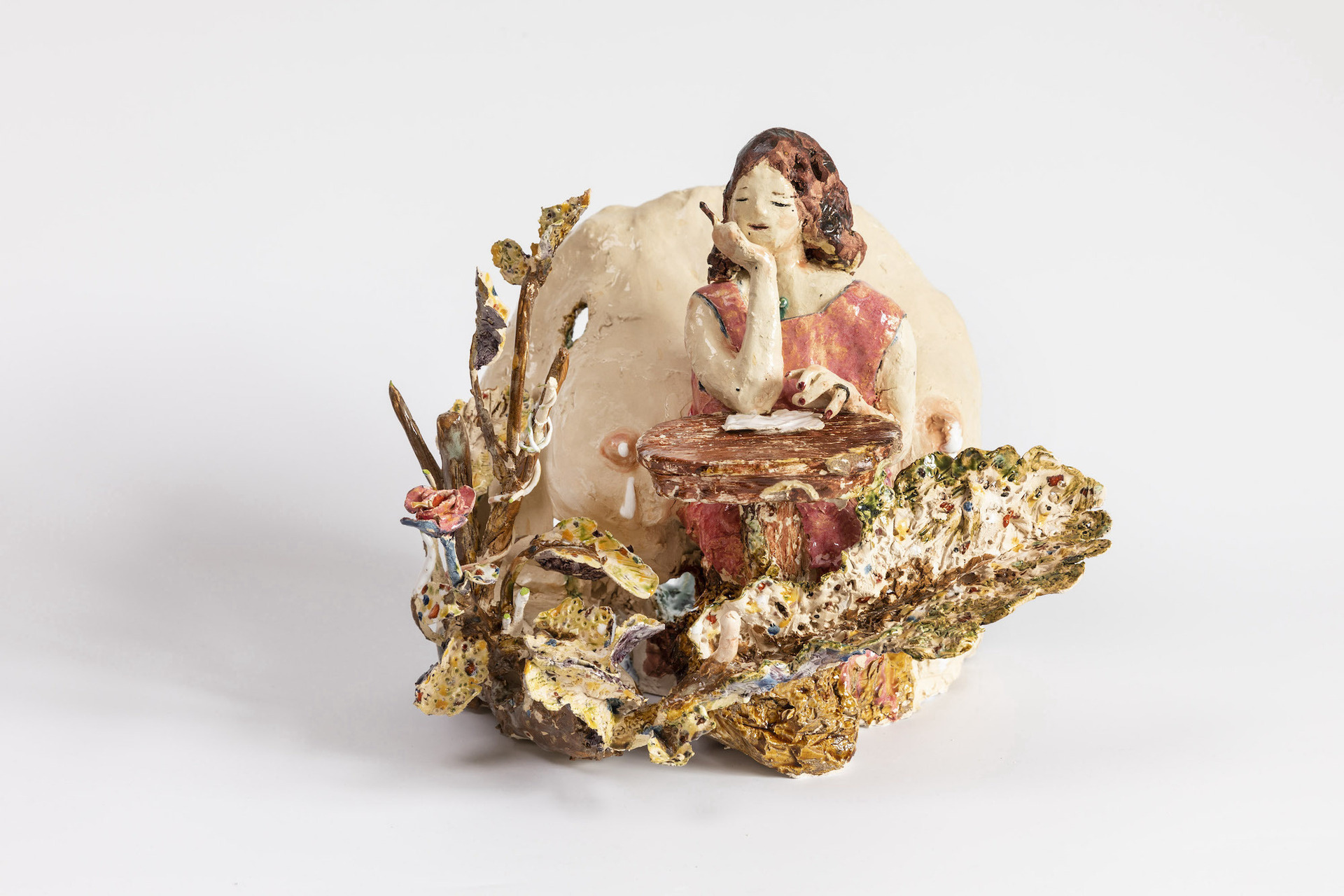
Location
Galerie FrieseDate
14.09 –29.10.2021Photography
Installation views: Eric Tschernow; Work images: Stephan VavraSubheadline
Galerie Friese presents its first solo show of Japanese artist Asana Fujikawa (*1981, Tokyo, Japan). Her exhibition "Once white drops fell from your nipple onto my high heel, do you still remember?" focuses on her sculptural œuvre. In her art, she creates a world of her own, she spins mythologies further or invents them herself. For her exhibition at Galerie Friese, Asana Fujikawa has come up with new ceramics, which are complemented by works from recent years.Text
Venue:
Galerie Friese
Artist:
Asana Fujikawa
Exhibition title:
Once white drops fell from your nipple onto my high heel, do you still remember?
Opening and closing dates:
September 15 – October 30, 2021
Photo Credits:
Courtesy Asana Fujikawa and Galerie Friese
Exhibition test:
Galerie Friese is presenting its first solo exhibition of Japanese artist Asana Fujikawa (b. 1981, Tokyo; lives and works in Hamburg). Her exhibition "Once white drops fell from your nipple onto my high heel, do you still remember?" focuses on Fujikawa’s sculptural works, new ceramics are complemented by pieces from the last five years.
The title of Asana Fujikawa’s exhibition already introduces a story, pointing to a central aspect of her artistic practice: Fujikawa builds original worlds with her figures and scenes, expanding on existing mythologies and creating new ones herself. Fujikawa not only incorporates elements from Japanese and European mythologies, as well as from Shintō, but also political events and her personal everyday experiences. This becomes evident in sketches, notes, texts, and particularly in her ceramics.
In her works, Asana Fujikawa explores transience, fears, sexuality, and how bodies can be represented. She molds all such concerns into a contemporary expression of human life's metamorphoses. The ambivalences and complexity associated are incorporated into the design of her ceramics. This is also apparent in the way she handles the material. Incredibly fine and delicate forms, virtually pushing the possibilities of ceramics to the limit, collide with coarser, bulkier articulations. Colorfully glazed elements collide with plain-colored areas, left partly in a rough, untreated state. Cracks, holes, and crevices become formative elements. Beauty and fragility, as well as a sense of the abysmal, come to form a unity.